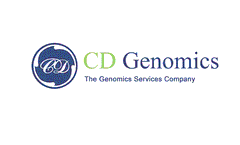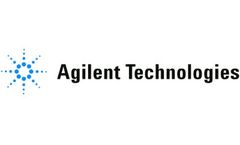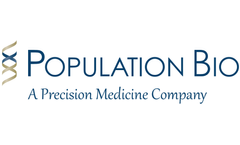Single Nucleotide Polymorphisms Articles & Analysis
10 news found
Next-generation sequencing (NGS) has revolutionized the field of genomics by enabling researchers to generate vast amounts of sequence data in a single experiment. This technology is particularly valuable in applications such as metagenomics, where it allows for the analysis of complex microbial communities, such as those found in the human gut. ...
De novo sequencing generates the first genome map for a species, while re-sequencing identifies DNA biomarkers such as single nucleotide polymorphisms (SNPs), insertions and deletions (indels), structural variations (SVs), and copy number variations (CNVs) with high accuracy. The applications of WGS are vast, impacting fields such as disease ...
CD Genomics’s metatranscriptome sequencing data analysis can be used for, but is not limited to, the following microorganisms: Soil microorganisms Silt microorganisms Oral microbes Marine microbes Sewage microbes Intestinal microorganisms Fecal microorganisms Microorganisms in extreme environments Based on a high-throughput sequencing platform, CD Genomics can detect the overall ...
Powered by the Illumina, Pacbio SMRT, and Nanopore sequencing platforms, CD Genomics offers services performed by de novo and reference-based transcriptome analysis of the global transcriptome response. RNA is a single-stranded nucleic acid complementary to the DNA strand formed during transcription. ...
Researchers are able to use genotyping to study genetic variation, such as single nucleotide polymorphisms (SNPs) and larger DNA structural changes. ...
Transcriptomics enables genome-wide analysis of transcription at single-nucleotide resolution, including determination of the relative abundance of transcripts, unbiased identification of alternative splicing events and post-transcriptional RNA editing events, and detection of single nucleotide polymorphisms ...
OneSeq is designed to detect and analyze copy number variations, loss of heterozygosity, and mutations in a single reaction for use in constitutional disease research. Agilent is showcasing the new product at the annual Advances in Genome Biology and Technology (AGBT) conference in Marco Island, Florida, this week. ...
Currently, CRV uses approximately 50,000 variants, the so-called single nucleotide polymorphisms (SNP) for genomic selection, by linking SNP patterns of a very large number of animals to characteristics which are important for robustness. ...
This strategy dramatically reduces the genome search space as compared to more traditional gene discovery tools such as single nucleotide polymorphism (SNP) analysis or exome sequencing methods. ...
For example, 64% of the CNVs observed in this study – using a high resolution platform specifically designed to detect CNVs – were missed in a prior CNV study that used SNP microarrays, which are not optimized for CNV detection because they were originally designed to detect another class of variants called single nucleotide ...




